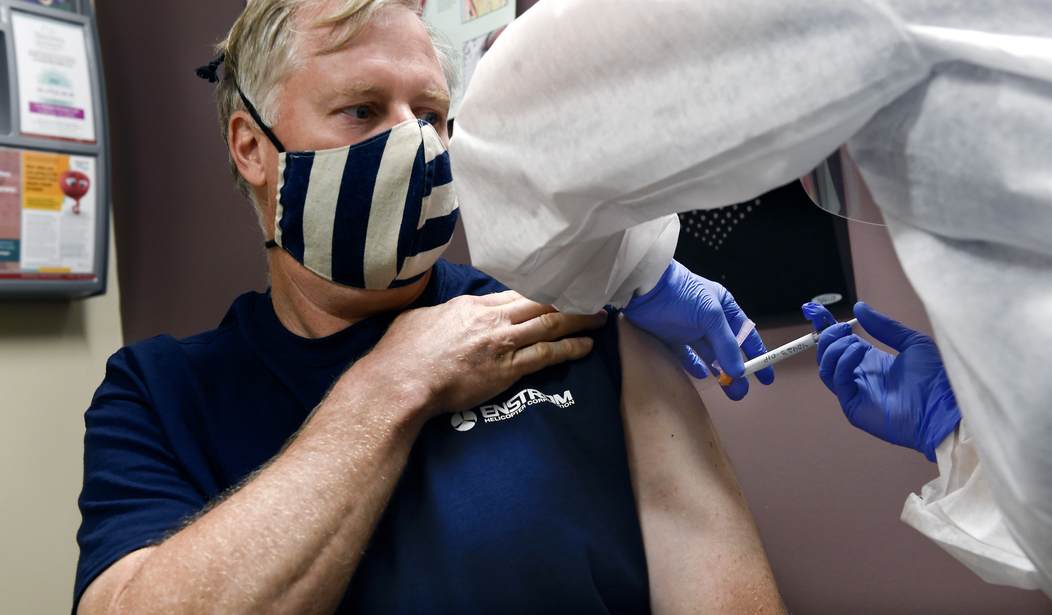Pfizer, Inc. announced that it plans to ask for emergency use authorization of its vaccine “within days.”
BREAKING: We are proud to announce, along with @BioNTech_Group, that the Phase 3 study of our #COVID19 vaccine candidate has met all primary efficacy endpoints.
— Pfizer Inc. (@pfizer) November 18, 2020
The company, along with BioNTech, said the study reached 170 confirmed coronavirus cases, and that the vaccine, BNT162b2, had demonstrated “95% efficacy beginning 28 days after the first dose.” It added that no serious safety concerns had been reported and that 10 severe cases of COVID-19 were observed during the trial, with nine occurring in the placebo group, and one in the vaccinated group.
It sounds like we’ve got this thing beat. But before we pop the cork and celebrate a return to normalcy, vaccine experts are warning that what still needs to be determined is the new vaccine’s effectiveness in preventing serious cases of COVID that require hospitalizations.
The case studies on the vaccine have all dealt with those subjects who present with “mild” or no symptoms while testing positive. What hasn’t been determined is how the vaccine will work against life-threatening illnesses. And that would take a whole separate trial involving an even larger control group and probably the development of another, more potent vaccine.
Drug companies — not the FDA — choose what is called the “primary end point” or “measure of efficacy” for the trials they design to get vaccines or drugs approved for mass marketing (a dangerous conflict of interest in its own right). By focusing on mild symptoms, it is much easier for a company to claim a vaccine is effective and bring it to market, but it might not prove as effective in serious cases.
The one serious case that turned up in the Pfizer study is hardly proof of anything. And it may be giving false hope to some who are at risk for serious illness because of other conditions like heart disease or diabetes.
It’s just impossible to be sure of being protected if you’re over 60 and suffering from other health conditions.
Once a vaccine is approved effective, however, it becomes more expensive and difficult to develop and test a more effective vaccine for serious COVID-19 cases. The trial may have to prove the new vaccine is more effective than the first authorized vaccine, rather than a placebo or inert substance, requiring a much larger sample and greater expense. Furthermore, new trials are likely to be restricted to groups not approved to receive the first vaccine, such as health-care workers, the elderly, or other high-risk groups. Recruitment also becomes more difficult.
Clearly, the vast majority of people who receive the two doses of the Pfizer vaccine will be protected. Healthy, younger adults and healthy people, in general, have fared well during the pandemic, and as long as it’s proven safe, there should be no reason for not getting vaccinated — conspiracy theories about Bill Gates aside.
Eventually, the drug companies will conduct a study on a vaccine that proves effective even against serious infections. Until then, normal precautions would be in order for those of us most at risk.
Vaccine Creator Says ‘Next Winter Could Be Normal,’ But Technical Hurdles Remain










Join the conversation as a VIP Member